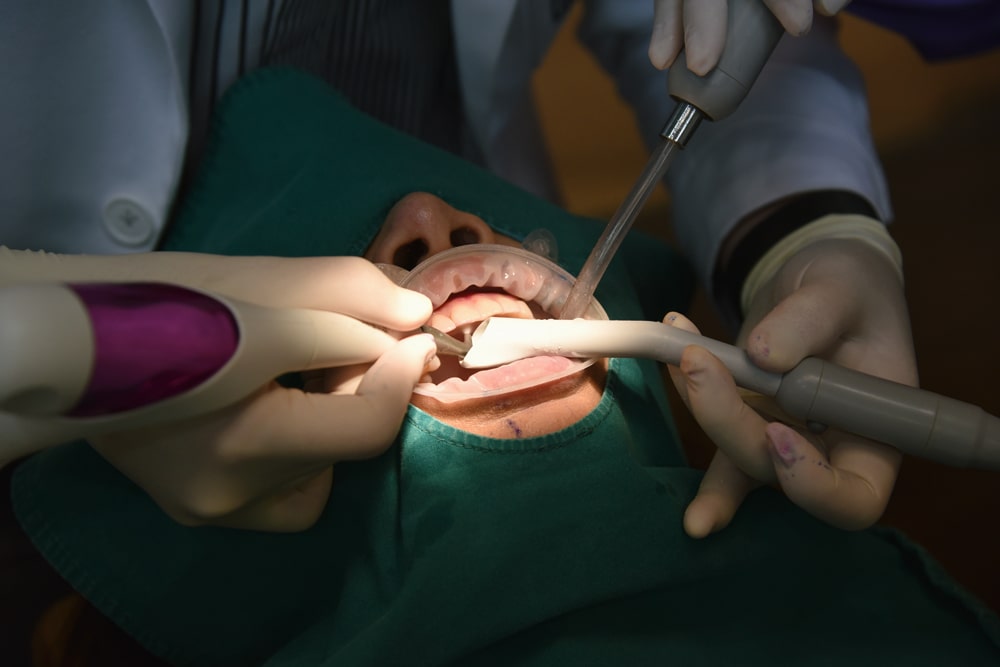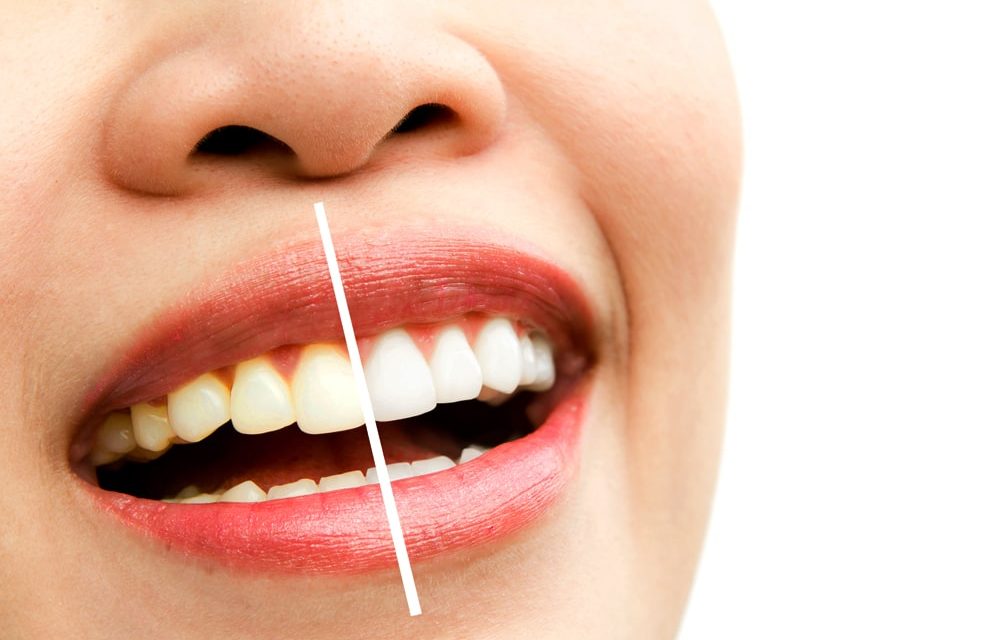“You are what you eat”. It’s a phrase many of us have heard and it tells us how our diets can affect our overall health. The same thing applies to our teeth as the foods we consume can have a direct impact on our oral health as well. Most people are aware of how sweet-tasting drinks can contribute to dental problems, but they’re not the only ones that are detrimental to your smile.
Foods and drinks that contain large amounts of acids can wear away the enamel on your teeth which is the hard, outermost layer of teeth that protects it against tooth decay. As the enamel slowly erodes, the appearance of your teeth changes and it is left vulnerable to bacteria that can cause cavities and/or infections.
This process is known as tooth erosion. Tooth erosion is harmful for many reasons as not only is it a permanent condition, but it can also cause a whole host of other dental problems. In this article, we’ll be discussing what tooth erosion is and which foods & drinks you should avoid to prevent it from happening. For any further advice it is vital to get in touch with the leading dentist in Joondalup for expert advice.

What does tooth erosion do to your teeth?
When the enamel in your teeth has started to wear away, several things can happen. Since your teeth are no longer strong like they used to be, you may experience the following:
- Increased tooth sensitivity when consuming hot or cold beverages
- Yellowish discolouration of the teeth
- Increased risk of developing cavities
- Develop an abscess (tooth infection)
- Experience tooth loss on severely damaged teeth
If left untreated, tooth erosion may end up costing you your precious smile. You may need crowns, fillings, veneers, and even root canal treatment in some cases. This is why taking care of your teeth is important since tooth erosion is irreversible. Fortunately, you can preserve the condition of your teeth by paying attention to the foods that you consume.
Foods and drinks to look out for
High-acid foods and carbonated beverages are the main culprits of tooth erosion. Foods and drinks that are sour and citrus-flavoured are likely to be acidic so it’s best to limit consumption of such foods regularly. Even fruits like tomatoes and oranges can have acidic effects on tooth enamel so avoid eating them by themselves and incorporate them as part of a meal.
Dried foods like raisins, grains, and bread can potentially cause harm to your teeth since your saliva breaks down the starches into sugar. These foods turn into a gummy-like texture when you eat them and can stick to the crevices of your teeth, thus contributing to cavities.
Still, the major offender is soft drinks, especially sports drinks and soda. Sugar-free varieties won’t do you any good either since they are likely to be carbonated and remain acidic. That bubbly fizz is what elevates the acidity of beverages, regardless of its flavour or sugar content. Some flavourings like lemon, lime, and orange can turn a beverage into an acidic one so avoid drinking them daily and turn them into an occasional habit instead.
Speaking of treats, some sour candies are just as acidic as battery acid which spells trouble for your teeth’s enamel. If you have a bit of sour in that sweet tooth, we suggest eating candies of any kind in moderation.
Tips on preventing tooth erosion
Aside from watching your diet, there are a couple of things you can do to prevent tooth erosion. Follow these tips to help keep your pearly whites in great shape:
- Wait for about an hour before brushing your teeth after consuming acidic foods/drinks. This allows your teeth to re-mineralise and lets your saliva wash away the acids.
- Limit consumption of soft drinks and use a straw so the beverage doesn’t come in contact with your teeth.
- Rinse your mouth with water right after eating a meal. This is especially true when you eat starchy foods to wash away any sticky residue that’s clinging to your teeth. Calcium-rich foods and some dairy products can help neutralize acids so make them a part of your after-meal snacks.
- Chewing sugarless gum after a meal can limit acids from attacking your teeth. It encourages saliva production which helps keep acids under control.
- Practice good oral care habits. This includes brushing your teeth at least twice a day, flossing your teeth in between meals, and brushing your teeth before going to bed.
- Use oral care products that have a seal of approval from the Australian Dental Association (ADA). These products have been tested and are proven safe and effective. Some products may even contain ingredients that can help fight against tooth erosion.
- Visit your dentist. They can help explain to you how different foods can impact your oral health and guide you towards making healthier food choices. It’s also a good idea to schedule an appointment at least twice a year to monitor the condition of your teeth.
By following these tips along with a balanced diet and proper oral care routine, you can minimise tooth erosion and maintain a healthy smile for years to come.

